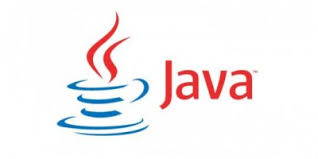This post shows how to configure vagrant to allow access to Apache2 web server (URL to Apache Ubuntu Default Page) running in virtual machine from the host system.
Java – Limit Recursive method calls
This post demonstrates how to limit the number of recursive calls to avoid StackOverflowError in Java.
Kotlin – Extension Functions
An Extension Function is a function that is attached to an existing class and are invoked like member functions. For this post, we are using Kotlin 1.1.
PhoneGap – HelloWorld Example via PhoneGap CLI
This post demonstrates how to create a very simple example of PhoneGap application via PhoneGap CLI.
PhoneGap – Build as Android App Online
This post demonstrates how to build online a PhoneGap project as an Android app. This uses an existing project created from a previous post PhoneGap – HelloWorld Example via PhoneGap CLI
Java – 3 ways to implement a Generic Interface
A Generic Interface is an interface that makes use of formal type parameters. It uses Generics. There are 3 ways to implement a Generic Interface.
Kotlin Tutorial
Kotlin is statically typed programming language for modern multi-platform applications. It is also 100% interoperable with Java and Android. Furthermore, it allows for concise, and null-safe codes.
Java Formal Type Parameter Methods We Can Invoke
With Java Generics, we name Java Formal Type Parameter T, E, K, and V conventionally. If an instance of a Format Type Parameter, what available methods we can invoke on them? Java Formal Type Parameter is Object Formal Type Parameters
Java – Read Jar file Manifest
This post demonstrates how to create the Jar file manifest.
Immutable Objects Using Annotation In Groovy
In Groovy, it is possible to create an immutable using the groovy.transform.Immutable annotation. One possible use-case for this is when we want to create a object (with data initialized through the class constructor) that is passed to another application layer (e.g., service) but we don’t want that object modified in that layer.






